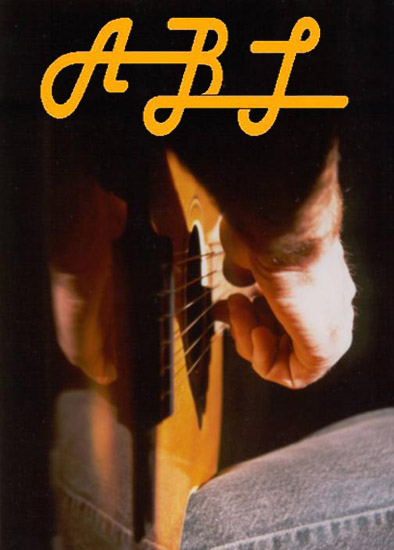|
Column Archive |
||
June, 2006 |
"Working With Club Owners" |
by Webmaster |
|
I wondered what to write about this month--figured since I'm concentrating on songwriting these days, I'd write something about songwriting. Well, a few things involving booking at clubs have happened recently, and I thought I'd mention them.
These things happen in the real world. It would be nice if they didn't, but they do. In all of these cases, the club owner/manager is also doing the bookings in addition to his/her other duties. 24 hours are not enough to do everything they need to do. Day to day business decisions and crises take first priority. The business of a club is to sell product to customers: food and drinks must be prepared; inventory must be purchased; cooks, waiters, bus staff must be hired and managed; advertising must be designed and purchased; bills must be paid; kitchens and dining areas must be cleaned; toilets must be unclogged. Mundane? From a musicians standpoint, yes. Necessary? Absolutely!!! Going out of business is traumatic, even when welcome. I've been helping a store in my town close--the owners are retiring. It's a lot of work to count inventory, sell what is salable (product and equipment), pack what gets moved (product and equipment), move, clean the empty space, and deliver what gets sold. A place to put everything that's being kept must be located and filled. All of this must be done by a deadline controlled by a lease. Anything not controlled by that deadline can be postponed. To a musician, these mistakes and oversights are more than just minor inconveniences. Musicians rely on the money they earn to pay their rent and buy gas and groceries. Accepting a gig for one night might mean turning down another gig. When that gig gets cancelled, it is more than inconvenient. It is a serious loss of money. To a musician, the club owner/manger appears to be incompetent and to be treating the musicians with a total lack of respect. I can understand the club owners conflicts: more things need to be done by deadlines than phone calls to musicians to organize schedules and clear up double bookings. They happened long before I got into the business and will continue to happen. I can also understand the musicians need to have gigs and pay confirmed. So, what can musicians do to make booking easier?
Aha! What we have here is a contract. Wow. What a concept. (Does sarcasm come through the written word?) It doesn't have to be a formal contract--it could be simply a list of the details and the signatures show that both parties have agreed to the details. Consider it a simple reminder for everybody. It's a lot more work for each gig, and may not be necessary for every gig / club. But, it's invaluable for those clubs where it is needed, and it may save a lot more than the time it took, in the long run. Well, I didn't know where I was going with this when I started writing. It might have been more interesting to write about songwriting, but I'll save that for another month. Just in case you stuck with me this far, and have a sense of humor, you might want to read a Sample Music Contract. Thanks for visiting AcousticByLines.com An added note (July, 2006): Even putting things in writing may not help. I know of a gig that was booked for August 11 in late May, and details were put in writing on June 3. There was no feedback from the club owner until an e-mail dated Wednesday, July 19, 2006:
An added note (February, 2007): The club closed in the fall and the club owner was seen again, as an employee of a hotel in charge of special events. |
|||
| TOP | |||

